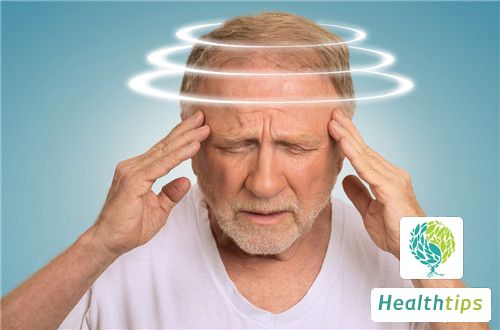The elderly with dizziness should change to a comfortable environment with good ventilation. If the symptoms are severe, they should seek medical attention immediately, undergo relevant examinations, and receive symptomatic treatment. If the problem is not serious, they should pay attention to maintaining sufficient rest, as this dizziness may be related to some chronic illnesses, and they should strengthen daily conditioning. Here are some suggestions:

1. Change to a comfortable environment. Relax and, if possible, measure blood pressure, heart rate, etc. If the dizziness is severe, accompanied by nausea, vomiting, or other symptoms, or if there are abnormalities in blood pressure and heart rate, it is recommended to go to the hospital emergency room for corresponding examination and treatment based on the doctor's assessment of symptoms and signs.
In general, the elderly should be highly vigilant about dizziness and exclude common diseases such as cerebrovascular diseases, and actively address them.
2. Rest adequately. Nowadays, the proportion of elderly people suffering from hypertension and diabetes is increasing. Elderly people with hypertension or other chronic cardiovascular and cerebrovascular diseases may experience insufficient blood supply when they are emotionally agitated, overworked, or lack rest, leading to symptoms of dizziness.
3. Massage the neck. Cervical spondylosis is a very common degenerative joint disease. Many elderly people have severe cervical spondylosis, so the cervical spine may compress blood vessels and nerves, causing other complications, such as dizziness, which is a typical manifestation. If the dizziness is caused by cervical spondylosis, massaging the neck can be effective.

